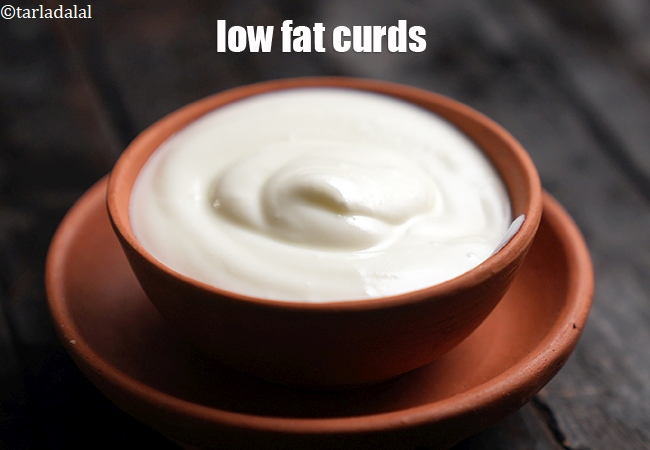Paneer and Vegetable Paratha recipe makes 4 parathas.
176 calories for 1 paratha of Paneer and Vegetable Paratha, Cholesterol 0 mg, Carbohydrates 21.4g, Protein 5.2g, Fat 8.2g. Find how much fibre, iron, calcium, zinc, magnesium, phosphorus, sodium, potassium, folic acid is present in Paneer and Vegetable Paratha.
See paneer and vegetable paratha recipe | mixed veg paratha with paneer | healthy paneer vegetable paratha | with 23 amazing images.
paneer and vegetable paratha is a healthy paneer vegetable paratha which is a perfect snack for kids when they come home from school.
paneer and vegetable paratha is made from simples ingredients like paneer, whole wheat flour, green peas, carrots, beetroot and Indian spices. You can put any vegetables you have leftover and mix and match to make mixed veg paratha with paneer.
See why we think this is a healthy paneer vegetable paratha? Lets understand the ingredients. Paneer contains high quality protein and calcium which aids in weight loss. Since paneer is low in carbs and high in protein it gets digested slowly and hence good for diabetes. Vegetables used in the recipe as high in fibre and low in calories and the base of the paneer and vegetable paratha is made from whole wheat flour.
So this mixed veg paratha with paneer could be also had for a healthy breakfast. Replace full fat paneer with low fat paneer and this can serve as a low calories weight loss paratha or paratha for diabetics.
Serve paneer and vegetable paratha with some low fat curds to complete a healthy evening snack.
Is Paneer Vegetable Paratha healthy?
Yes, paneer vegetable paratha is healthy.
Let's understand the ingredients.
What's good.
Paneer + Low Fat Paneer : Paneer contains high quality protein and calcium which aids in weight loss. Since paneer is low in carbs and high in protein it gets digested slowly and hence good for diabetes. Potassium in paneer helps to reduce the effect of high sodium, by lowering blood pressure and contraction of blood vessels, resulting in improved heart health and reduced risk of heart attack. Low fat paneer is has all the same nutrients as full-fat paneer, but it is minus the fat. Great for weight loss and read the interesting article on benefits of paneer.
Whole Wheat flour (gehun ka atta) : Whole wheat flour is excellent for diabetics as they will not shoot up your blood sugar levels as they are a low GI food. Whole wheat flour is rich in Phosphorus which is a major mineral which works closely with calcium to build our bones. Vitamin B9 helps your body to produce and maintain new cells, especially increase red blood cells. See detailed 11 benefits of whole wheat flour and why it's good for you.
Carrots (gajjar) : Carrots have the nutrient Beta Carotene which is a form of Vitamin A, helps prevent deterioration of the eye as one gets older and prevents night blindness. Carrot is great for the eyes.They relieve constipation, lower blood pressure, have fibre and lower cholesterol. Read the 11 super benefiits of carrots and why to include them in your daily diet.
Beetroot : The Nitrates present in beet aid in detoxification and help lower bad cholesterol (LDL) levels. The high Nitrate content of Beetroots which get converted to Nitric Oxide result in the expansion of the blood vessels and thereby lowering the blood pressure and ensuring proper oxygen flow to all parts of the body. If you often notice signs of high blood pressure, start your day with a glass of beetroot carrot tomato juice. See detailed benefits of beetroot.
Can diabetics, heart patients and overweight individuals have Paneer vegetable paratha ?
Yes. For diabetics, heart patients and weight loss. Substitute full fat paneer with low fat paneer and reduce the fat content in cooking the paratha. Paneer contains high quality protein and calcium which aids in weight loss. Since paneer is low in carbs and high in protein it gets digested slowly and hence good for diabetes. Potassium in paneer helps to reduce the effect of high sodium, by lowering blood pressure and contraction of blood vessels, resulting in improved heart health and reduced risk of heart attack.
Can healthy individuals have Paneer vegetable paratha ?
Yes.
Paneer and Vegetable Paratha is rich in below macronutrients, vitamins and minerals given in descending order (highest to lowest).
- Phosphorus : Phosphorus rich Indian foods works closely with calcium to build bones. Phosphorus rich Indian foods like dairy products ( milk, paneer, curd), nuts, seeds, jowar, bajra, moong, matki, oats, ragi, wheat flour etc. 27% of RDA.
- Vitamin B1 (Thiamine) : Vitamin B1 protects nerves, helps in carbohydrate metabolism, prevents heart diseases and helps produce red blood cells. Indian Foods rich in B1 are Flax seeds (alsi), Sunflower seeds, Sesame seeds, Garden cress seeds (halim), Capsicum, Wheat flour, Chana dal, moong, walnuts, masoor dal, brown rice, jowar, bajra. 20% of RDA.
- Fiber : Dietary fiber reduces the risk of heart disease, prevents the spike in blood sugar levels and hence super for diabetics. Consume more fruits, vegetables, moong, oats, matki, whole grains. 17% of RDA.
What is a healthy accompaniment to this paratha?
We suggest you pair it with homemade curds using cows milk or low fat curds or a low fat cucumber raita.

Low fat curds recipe | healthy low fat curds | low fat dahi | Indian low fat curds |